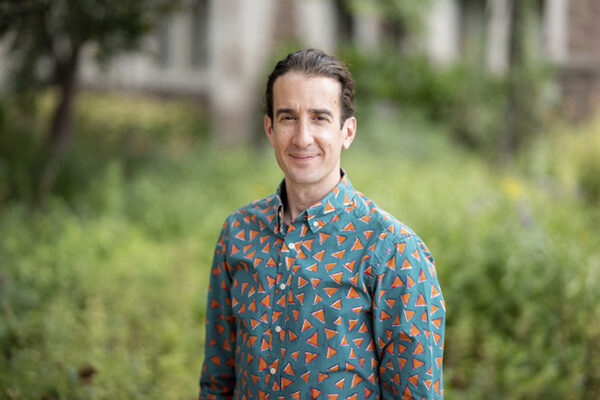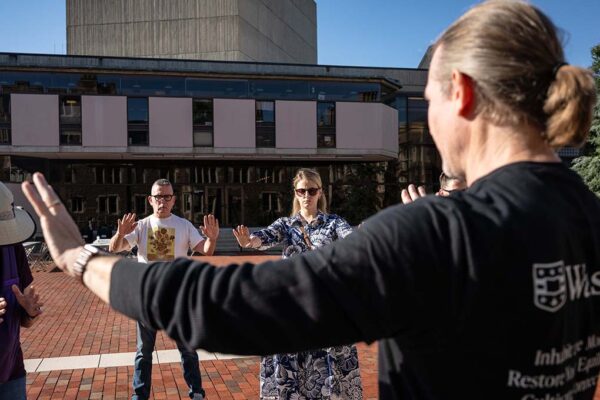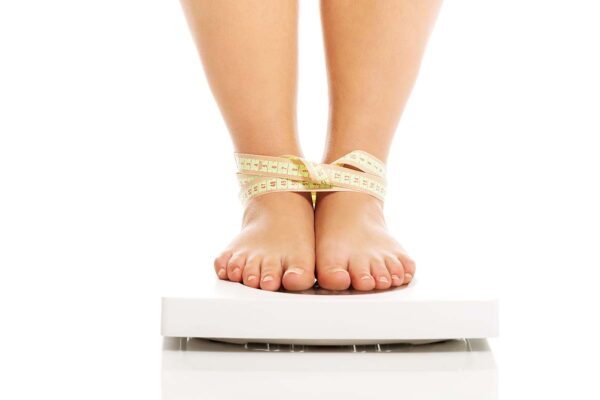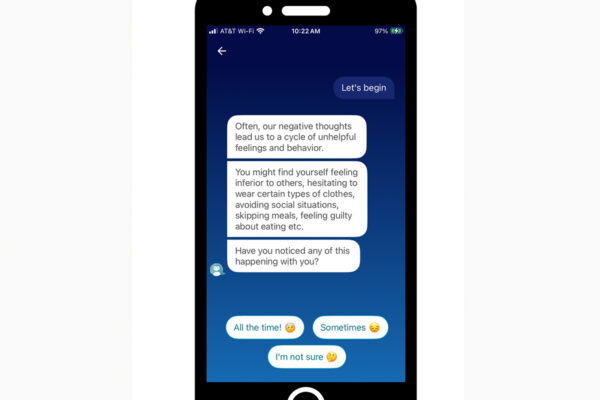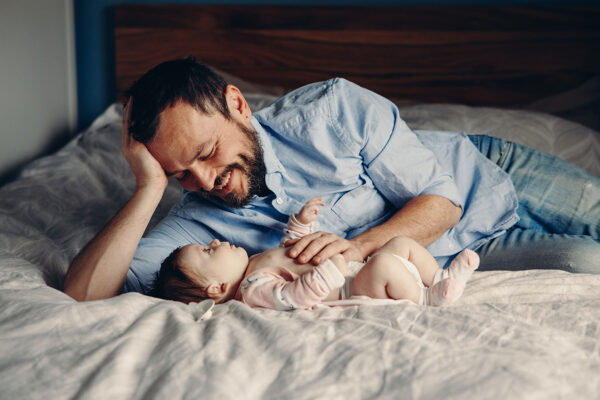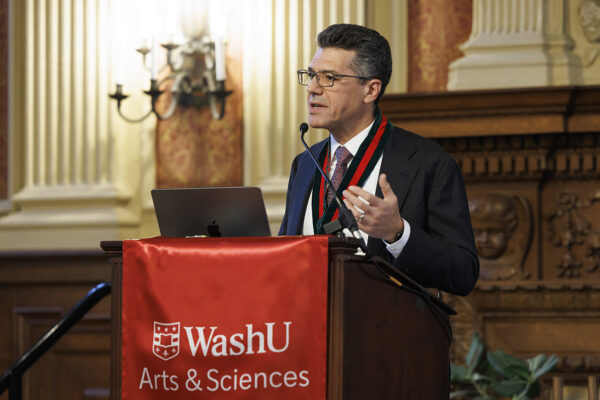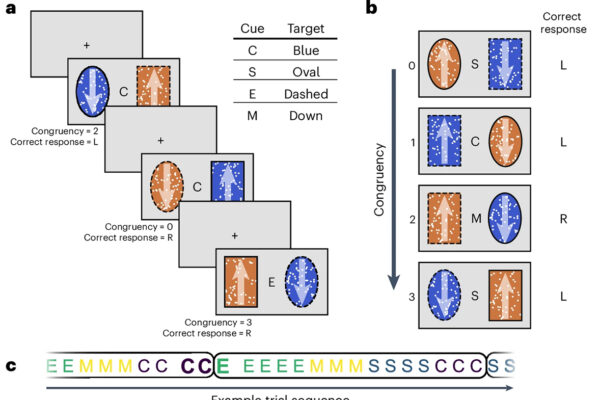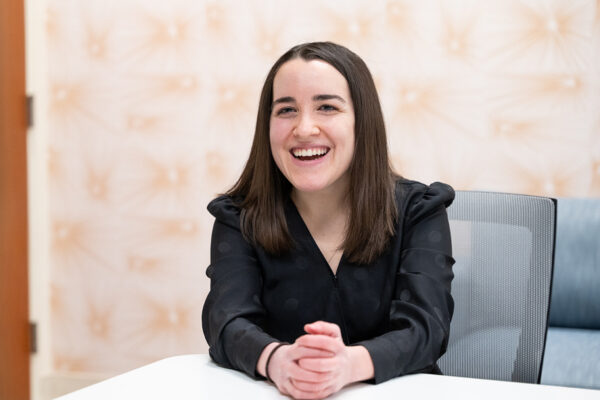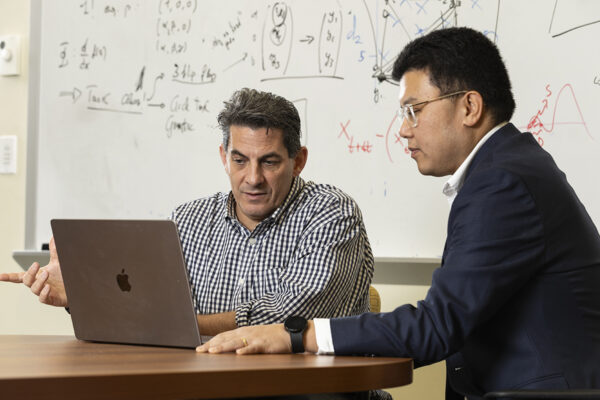A unified theory of the mind
Biologist Keith Hengen in Arts & Sciences at Washington University in St. Louis says “criticality” is the key to understanding how the brain works — and how to keep it free from Alzheimer’s and other diseases.
Can mindfulness combat anxiety?
Researchers at WashU explore the potential for mindfulness techniques to calm anxiety.
Eating disorders a hidden crisis on college campuses
Researchers at Washington University led a study of nearly 30,000 students that shatters misconceptions about eating disorders, a common and misunderstood condition.
Eating disorder chat tool could improve access to care
Researchers at Washington University have received a $3.7 million grant to optimize a self-guided intervention for individuals with eating disorders.
Can social media be good for mental health?
Researchers at Washington University study the upside to staying social online.
Good parenting helps, but has limits under major deprivation
Researchers at Washington University find high social disadvantage may limit the benefits of parenting on language and cognition.
Zacks installed as Edgar James Swift Professor
Jeffrey M. Zacks, an expert in memory and neuroscience, was installed as the Edgar James Swift Professor in Arts & Sciences at Washington University in St. Louis during a Feb. 4 ceremony.
New model from WashU scientists can improve understanding of human attention
A new neural network model by researchers at Washington University offers a way to uncover what brain mechanisms are at play when people need to focus amid many distractions.
Project will study struggles facing those with disabilities
A graduate student in Arts & Sciences at WashU will study ways to improve the lives of people with disabilities.
WashU researchers map individual brain dynamics
Neuroscientists at Washington University have set up computer frameworks that can help model individual brain dynamics.
Older Stories
